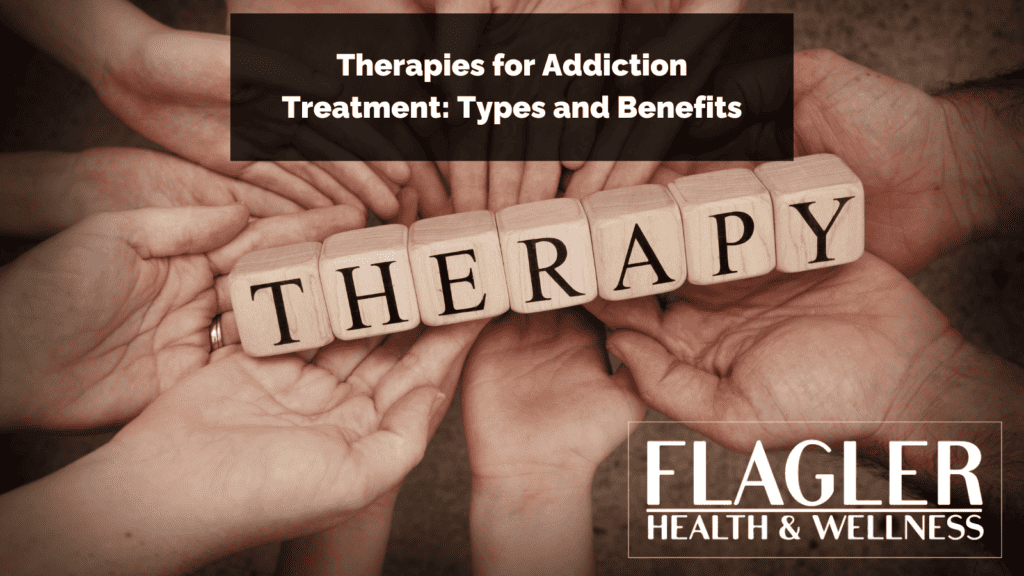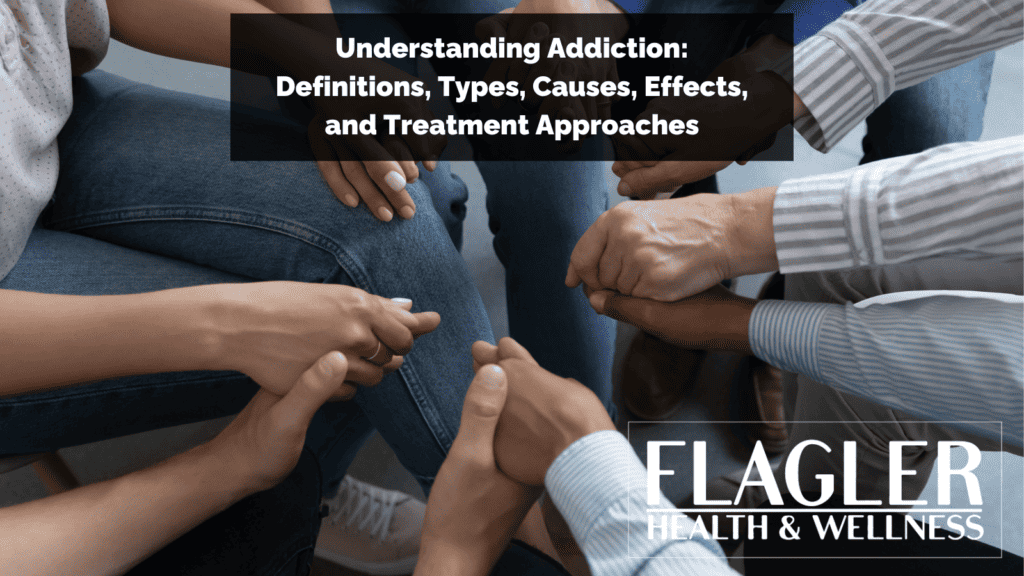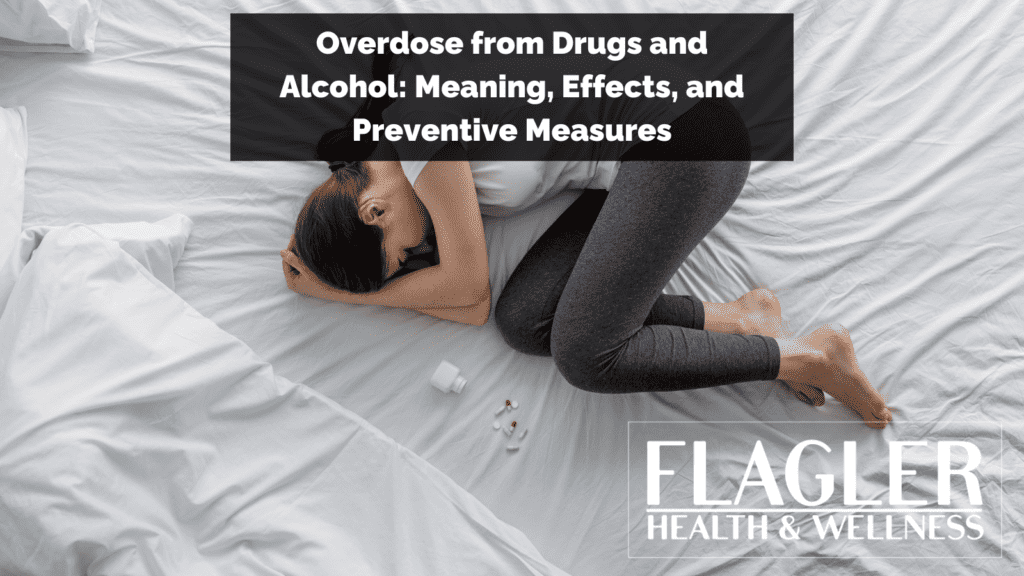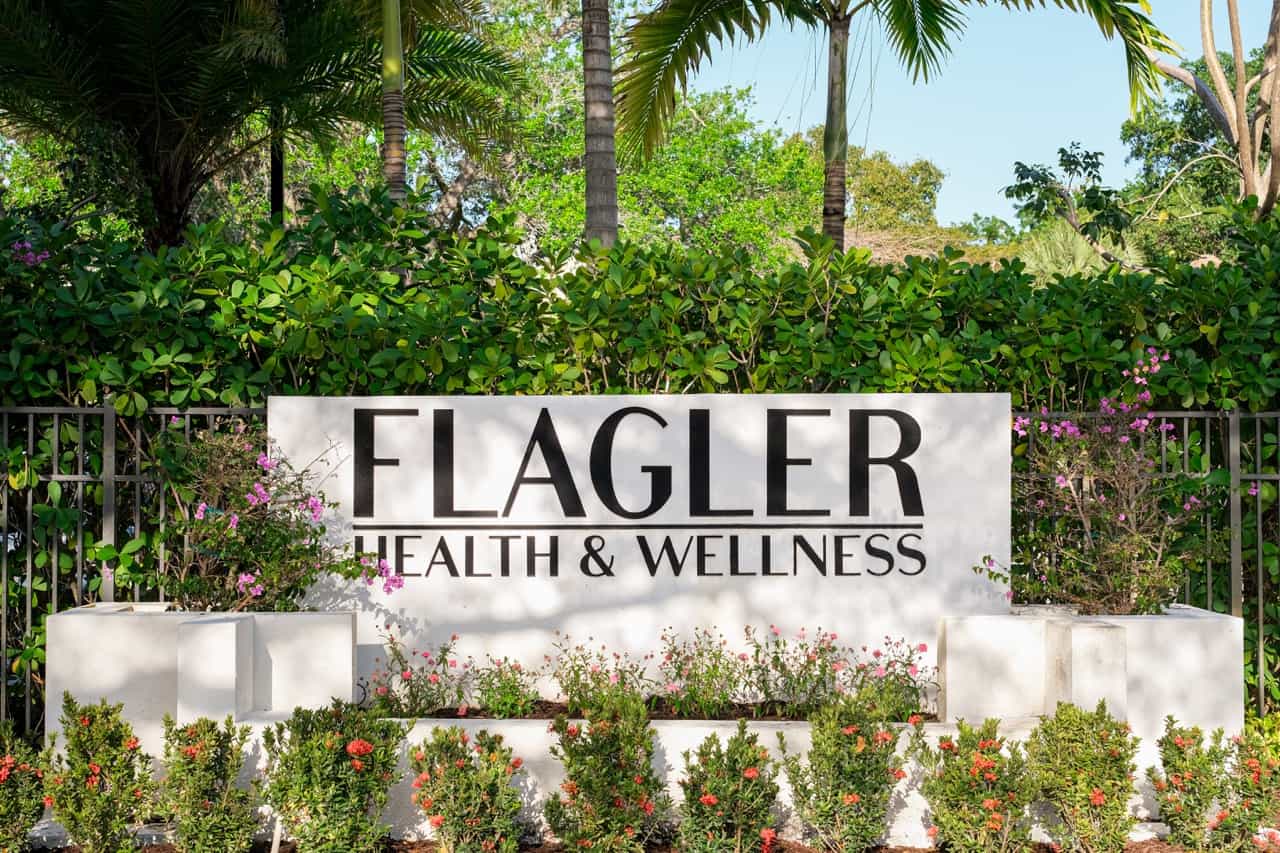Therapies for addiction treatment are designed to address different aspects of a person’s mental, physical, and emotional wellbeing. Therapies utilized in addiction treatment programs range from psychotherapies such as cognitive behavioral therapy (CBT) to mindfulness-based relapse prevention therapy (MBRP) and 12 step groups.
The benefits of therapy in addiction treatment include nervous system regulation, increased awareness, and reduced risk of relapse. Cognitive behavioral therapy, for example, will help people become aware of how their thoughts, feelings, and actions affect each other, empowering people to see an addictive pattern for what it is. 12 step groups, on the other hand, help people tap into the power of community and group support on their recovery journeys.
Importance of Therapy in Addiction Treatment
The importance of therapy in addiction treatment are:
- Holistic Approach: Therapy addresses not just the physical aspect of addiction, but also the psychological and social factors.
- Personalized Care: Tailoring therapy to individual needs enhances the effectiveness of addiction treatment.
- Relapse Prevention: Therapy equips individuals with tools and strategies to prevent relapse.
- Co-occurring Disorders: Many with addiction also suffer from mental health issues, which therapy can simultaneously address.
Types of Therapies for Addiction Treatment
The types of therapies in addiction treatment are cognitive behavioral therapy, dialectical behavioral therapy, motivational interviewing, group therapy, contingency management, holistic therapy, and EMDR therapy.
Cognitive Behavioral Therapy (CBT) in Addiction Treatment
- How It’s Used:
- Identifying Triggers: CBT helps individuals recognize situations, emotions, or thoughts that trigger substance use.
- Changing Behavior Patterns: It involves learning to replace unhealthy behaviors with healthier ones.
- Coping Skills: CBT teaches strategies to cope with cravings and avoid situations that might lead to substance use.
- Thought Process Alteration: Helps in restructuring negative or self-defeating thoughts that contribute to addiction.
- Benefits:
- Relapse Prevention: By providing tools to handle triggers, CBT is effective in preventing relapses.
- Adaptability: Can be tailored to individual needs and is effective for various types of addiction.
- Long-Term Effectiveness: Skills learned in CBT have lasting impacts, aiding in long-term sobriety.
Dialectical Behavioral Therapy (DBT) in Addiction Treatment
- How It’s Used:
- Mindfulness: Teaches individuals to be present in the moment and aware of their behaviors and triggers.
- Emotional Regulation: Helps in managing and understanding intense emotions without resorting to substance use.
- Distress Tolerance: Focuses on accepting and tolerating distress without escaping through substance abuse.
- Interpersonal Effectiveness: Improves communication skills and relationships, which can be strained by addiction.
- Benefits:
- Dual Diagnosis Treatment: Highly effective for those with co-occurring mental health disorders like borderline personality disorder.
- Reducing Self-Harm Behaviors: Particularly useful in decreasing behaviors like self-harm or suicidal thoughts associated with substance abuse.
- Emotional Stability: Dialectical Behavioral Therapy Helps in achieving emotional balance, crucial for long-term recovery.
Motivational Interviewing (MI) in Addiction Treatment
- How It’s Used:
- Exploring Ambivalence: Helps clients explore and resolve their ambivalence about substance use and change.
- Enhancing Motivation: Focuses on increasing the individual’s intrinsic motivation to change their addictive behaviors.
- Goal Setting: Assists in setting personal goals and plans for change.
- Empathetic Approach: Uses a non-confrontational, empathetic approach to encourage change.
- Benefits:
- Patient Engagement: Increases engagement in treatment by empowering individuals to take charge of their recovery.
- Reduces Resistance: Effective in reducing resistance to change, which is common in addiction treatment.
- Flexible Application: Can be used in combination with other therapies and for various types of addiction.
Group Therapy in Addiction Treatment
- How It’s Used:
- Shared Experiences: Offers a safe space for individuals to share their experiences, challenges, and successes with peers.
- Peer Support: Enables members to receive and provide support, fostering a sense of belonging and understanding.
- Skill Development: Through group discussions and activities, participants learn new coping skills and strategies for maintaining sobriety.
- Feedback and Insight: Offers diverse perspectives and feedback, helping individuals gain insights into their own behaviors and triggers.
- Benefits:
- Social Skills Enhancement: Improves communication and socialization skills, which are often impacted by addiction.
- Reduced Isolation: Helps individuals feel less alone in their struggles, reducing feelings of isolation.
- Community Building: Fosters a sense of community and mutual support, crucial for long-term recovery.
Contingency Management in Addiction Treatment
- How It’s Used:
- Reward System: Implements a system where positive behaviors (like passing a drug test) are rewarded with incentives.
- Behavioral Reinforcement: Encourages adherence to treatment goals by reinforcing positive behavior changes.
- Tracking Progress: Regular monitoring of individual progress and providing tangible rewards for meeting specific milestones.
- Benefits:
- Increased Abstinence: Effective in promoting sobriety, particularly in cases of opioid and stimulant addiction.
- Positive Reinforcement: Encourages continued compliance with treatment and healthy behaviors.
- Immediate Rewards: Provides immediate positive feedback, which can be highly motivating in early recovery stages.
12-Step Facilitation Therapy in Addiction Treatment
- How It’s Used:
- Structured Steps: Guides individuals through a series of steps that focus on acceptance, surrender, and personal growth.
- Spiritual Focus: Encourages exploration of spirituality as a component of recovery.
- Peer Meetings: Involves regular meetings with others who are in various stages of recovery.
- Sponsorship: Incorporates a system of sponsorship, where more experienced members support newer members.
- Benefits:
- Long-Term Sobriety: Aims to support lifelong recovery through ongoing participation.
- Peer and Spiritual Support: Provides a strong network of peer support coupled with spiritual growth.
- Structured Approach: The step-wise approach offers a clear path and guidance in recovery.
Holistic Therapies in Addiction Treatment
- How They’re Used:
- Yoga and Meditation: Practices that focus on mind-body connection, stress reduction, and mindfulness.
- Art Therapy: Uses creative expression as a tool for emotional exploration and communication.
- Wellness Focus: Emphasizes overall well-being, including physical health, mental clarity, and emotional balance.
- Benefits:
- Stress Reduction: Activities like yoga and meditation significantly reduce stress, a common relapse trigger.
- Improved Mental Health: Helps in managing symptoms of anxiety, depression, and PTSD.
- Lifestyle Change: Promotes healthier lifestyle choices, essential for long-term recovery.
Mindfulness-Based Relapse Prevention (MBRP) in Addiction Treatment
- How It’s Used:
- Mindfulness Practices: Incorporates mindfulness meditation to increase awareness of triggers and cravings.
- Relapse Prevention Strategies: Teaches skills to cope with high-risk situations and emotional distress without using substances.
- Regular Practice: Encourages the regular practice of mindfulness for ongoing self-awareness and control.
- Benefits:
- Craving Management: Helps individuals recognize and manage cravings effectively.
- Increased Self-Awareness: Enhances awareness of thoughts, feelings, and bodily sensations, aiding in conscious decision-making.
- Skill Building: Provides practical skills to handle triggers and stressful situations, reducing relapse risk.
Eye Movement Desensitization and Reprocessing (EMDR) in Addiction Treatment
- How It’s Used:
- Processing Trauma: Utilizes guided eye movements to help process and reduce the emotional impact of traumatic memories.
- Integrating Experiences: Helps integrate traumatic experiences into the individual’s larger life narrative in a healthier way.
- Reducing Triggers: Aims to decrease the intensity of trauma-related triggers that may lead to substance use.
- Benefits:
- Trauma Resolution: Effective in resolving underlying trauma, a common factor in substance use disorders.
- Emotional Regulation: Improves emotional stability, reducing the need for substances to cope with emotional pain.
- Comprehensive Healing: Contributes to overall psychological healing, integral to the recovery process.
Benefits of Utilizing Multiple Forms of Therapy
There are many different benefits that come with utilizing more than one form of therapy on your healing journey. Here are a few to consider:
- Comprehensive Approach: Combining different therapies allows for a more holistic approach to treatment, addressing multiple facets of addiction – physical, psychological, and social.
- Personalized Treatment: Every individual’s journey with addiction is unique. Multiple therapies can be tailored to fit personal needs, increasing the effectiveness of treatment.
- Enhanced Coping Strategies: Different therapies provide a variety of coping mechanisms, equipping individuals with a broader set of tools to handle triggers and prevent relapse.
- Support for Co-occurring Disorders: Many individuals with substance abuse issues also suffer from mental health disorders. A multi-therapy approach can simultaneously address these co-occurring conditions.
- Increased Engagement: Diverse therapeutic approaches can keep individuals more engaged and motivated in their treatment process.
- Resilience Building: Exposure to various therapies strengthens resilience, enhancing the individual’s ability to adapt to changes and challenges in their recovery journey.
- Social and Emotional Skills: Group therapies and family therapies, in particular, enhance social and emotional skills, important for rebuilding relationships and integrating into society.
What is the Best Therapy for Substance Abuse?
Determining the “best” therapy for substance abuse is not a one-size-fits-all answer, as it largely depends on individual circumstances, the substance in question, and the presence of any co-occurring mental health issues. However, there are some therapies that are widely recognized for their effectiveness in treating substance abuse, including:
- Cognitive Behavioral Therapy (CBT) is highly effective for treating a range of substance abuse disorders, because it helps identify and alter negative thought patterns and behaviors related to substance use.
- Motivational Interviewing (MI) is especially useful for individuals who are ambivalent about becoming sober. MI helps to increase motivation and commitment to change.
- Contingency Management is particularly effective for stimulant and opioid addiction because it uses incentives to encourage sobriety.
- 12-Step Therapy is a well-known approach that is particularly effective for alcohol addiction, as it encourages peer support and spiritual growth.
The effectiveness of any type of therapy also depends on factors such as the individual’s readiness to change, the severity of the addiction, the presence or lack of support systems, and any co-occurring mental health conditions. Often, a combination of therapies, tailored to the individual’s specific needs, proves to be the most effective approach in treating substance abuse and other types of addiction.
What is the Role of Animal-Assisted Therapy in Addiction Treatment?
Animal-assisted therapy, particularly with dogs and horses, is gaining popularity in addiction treatment. It helps reduce stress, anxiety, and depression, common challenges in recovery. The presence of animals can increase feelings of comfort and safety, making it easier for individuals to engage in treatment and open up in therapy sessions.
How is Virtual Reality (VR) Being Utilized in Addiction Therapy?
VR in addiction therapy is an emerging field. It immerses patients in controlled environments where they can confront triggers and practice coping strategies in a safe, simulated setting. This innovative approach can enhance traditional therapies by allowing individuals to experience and navigate real-life challenges in a controlled, therapeutic environment.
Get Healing Transformation With Our Therapies at Flagler Healing
Join us at Flagler Healing and take the first courageous step towards a brighter, healthier future. Our compassionate team specializes in innovative therapies for addiction treatment, offering a safe and nurturing environment for healing and growth.
Whether you’re battling substance abuse or seeking support for a loved one, we’re here to guide you through every step of the journey. Embrace change and discover a path to recovery that’s tailored to your unique needs. Contact Flagler Healing today, and let us help you reclaim the life you deserve.
Share This Post







